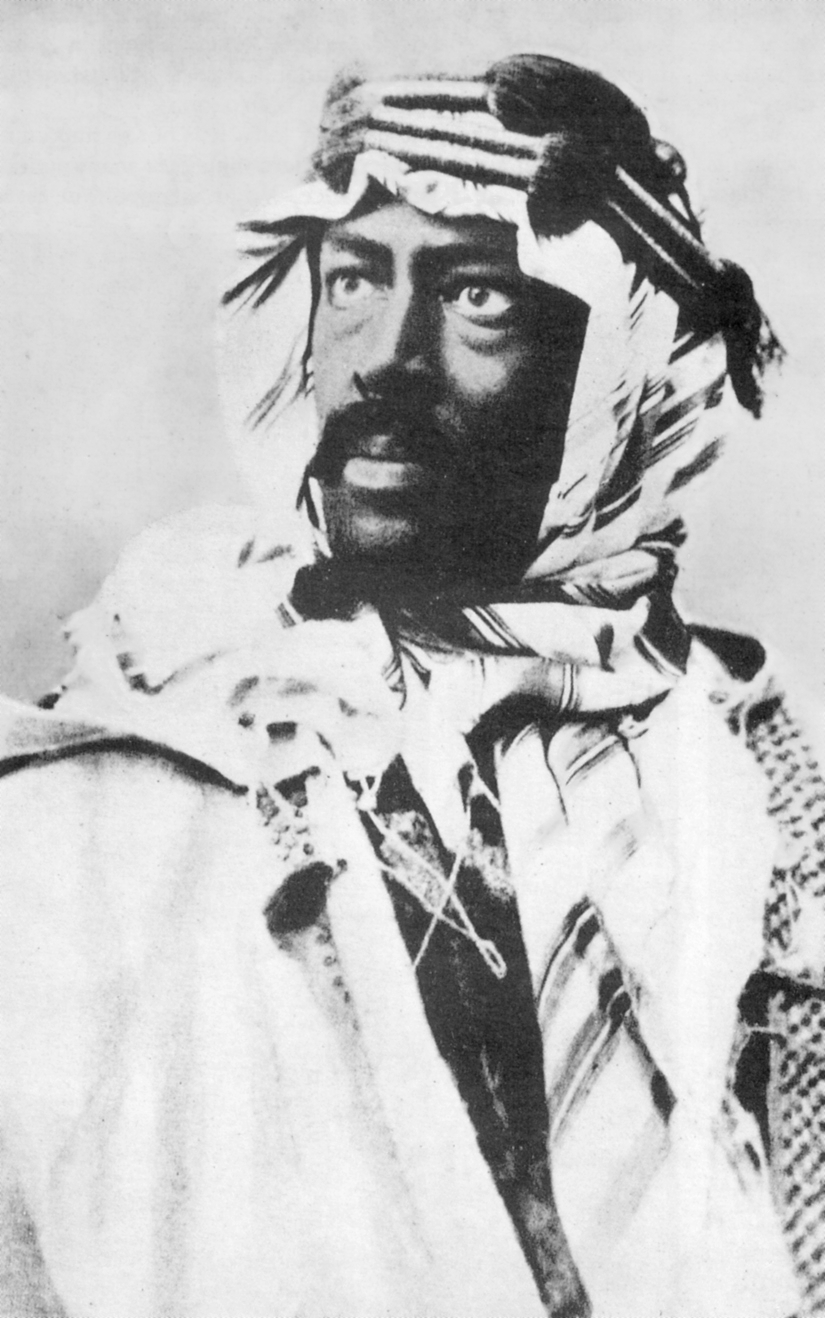Enter RODERIGO and IAGO
editRODERIGO
editTush! Never tell me; I take it much unkindly That thou, Iago, who hast had my purse As if the strings were thine, shouldst know of this.
IAGO
editSblood, but you will not hear me: If ever I did dream of such a matter, Abhor me.
RODERIGO
editThou told’st me thou didst hold him in thy hate.
IAGO
editDespise me, if I do not. Three great ones of the city, In personal suit to make me his lieutenant, Off-capp’d to him: and, by the faith of man, I know my price, I am worth no worse a place: But he; as loving of his own pride and purposes, Evades them, with a bombast circumstance Horribly stuff’d with epithets of war; And, in conclusion, Nonsuits my mediators; for, ‘Certes,’ says he, ‘I have already chose my officer.’ And what was he? Forsooth, a great arithmetician, One Michael Cassio [[1]], a Florentine, A fellow almost damn’d in a fair wife; That never set a squadron in the field, Nor the division of a battle knows More than a spinster; unless the bookish theoric, Wherein the toged consuls can propose As masterly as he: mere prattle, without practise, Is all his soldiership, But he, sier, had the election: And I, of whom his eyes had seen the proof At Rhodes, at Cyprus and on other grounds Christian and heathen, must be be-lee’d and calm’d By debitor and creditor: this counter-caster, He, in good time, must his lieutenant be, And I—God bless the mark!—his Moorship’s [[2]] Ancient. [1]
- ^ Russell, G. W.; Lambert, W. B. “Sherlock Holmes Meets Othello: A MDS Analysis of Literary Characters.” British Journal of Educational Psychology,, 1980, p. 277-288.
